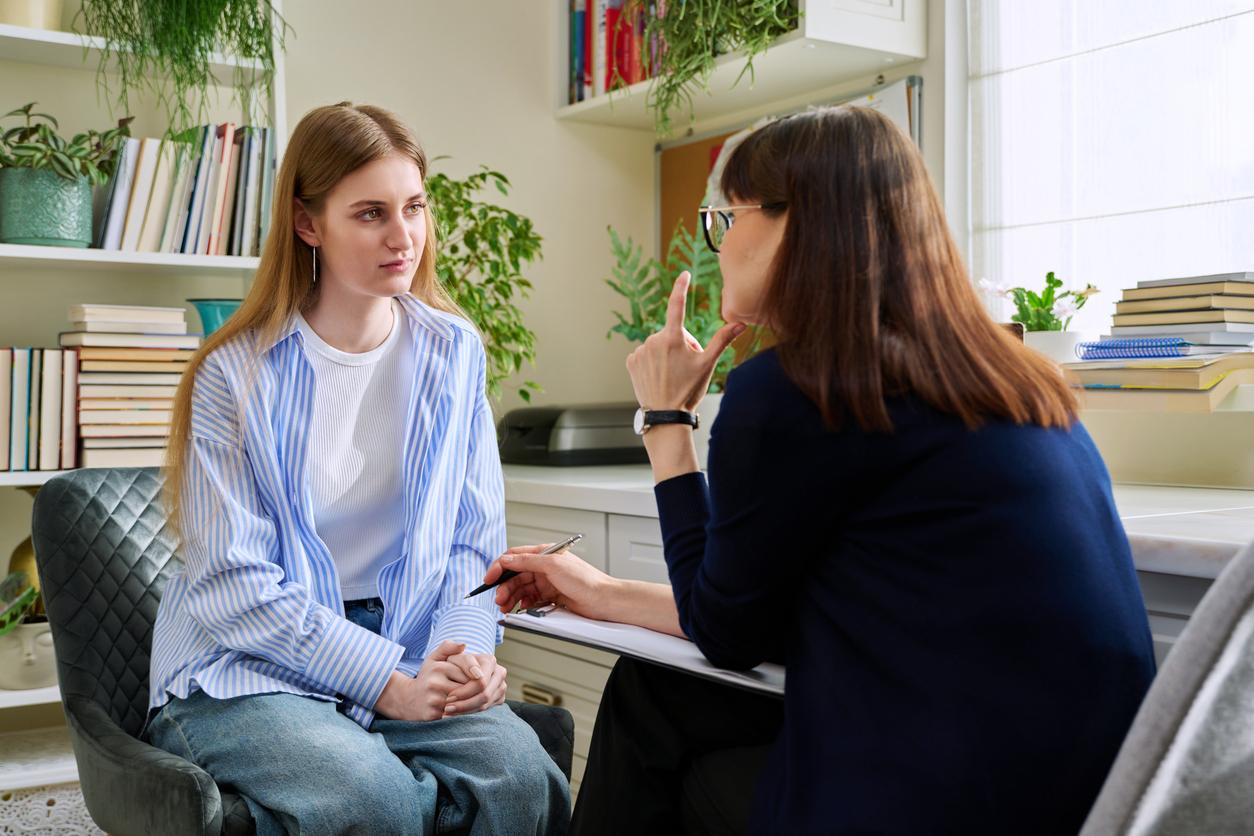With appropriate strategies, it is possible to reduce the intensity of anxiety and learn to live with it more peacefully.

- Anxiety prepares us to face potentially risky situations. However, when it becomes chronic, it loses its initial usefulness and invades our daily lives, making simple tasks tiring.
- Excessive anxiety can manifest itself through intrusive thoughts, unpleasant physical sensations (palpitations, muscle tension) and a feeling of loss of control.
- Although anxiety cannot be eliminated, there are effective strategies to limit its effects, such as psychotherapy.
Anxiety is a fundamental human emotion, too often seen as an enemy to be fought. However, it is above all a natural mechanism, designed to alert us to danger or a challenge. Although it can be beneficial in certain contexts, it becomes problematic when it takes hold for a long time or excessively.
A necessary but invasive emotion
Anxiety has a reason to exist: it prepares us to face potentially risky situations. For example, feeling a rush of adrenaline before an important presentation can push us to prepare better and perform better. However, when it becomes chronic, it loses its initial usefulness and invades our daily lives, making simple tasks tiring.
Excessive anxiety can manifest itself through intrusive thoughts, unpleasant physical sensations (palpitations, muscle tension) and a feeling of loss of control. These symptoms are often present in disorders such as generalized anxiety or panic attacks, which require appropriate treatment.
The keys to reducing your daily impact
Although anxiety cannot be eliminated, there are effective strategies to limit its effects. Psychotherapy, particularly cognitive-behavioral therapy (CBT), helps challenge the irrational thoughts that fuel anxiety.
Lifestyle also plays a key role. A balanced diet, rich in magnesium and omega-3, as well as regular physical activity promote better mental balance. Additionally, practices like mindfulness meditation or conscious breathing help refocus attention on the present moment, thus calming anxious ruminations.
Learn to live with anxiety
Rather than trying to eliminate anxiety, it is more realistic and beneficial to learn to live with it. This approach is based on acceptance and tolerance of uncertainty. Anxiety, when managed well, can be seen as a helpful signal rather than an insurmountable obstacle.
Accepting anxiety does not mean resigning yourself to it, but recognizing that it is part of the human experience. Surrounding yourself with caring people, expressing your feelings and seeking professional support when necessary are important steps in lightening your burden.
Learn more: “Your Anxiety is a Superpower” by Wendy Suzuki.


















